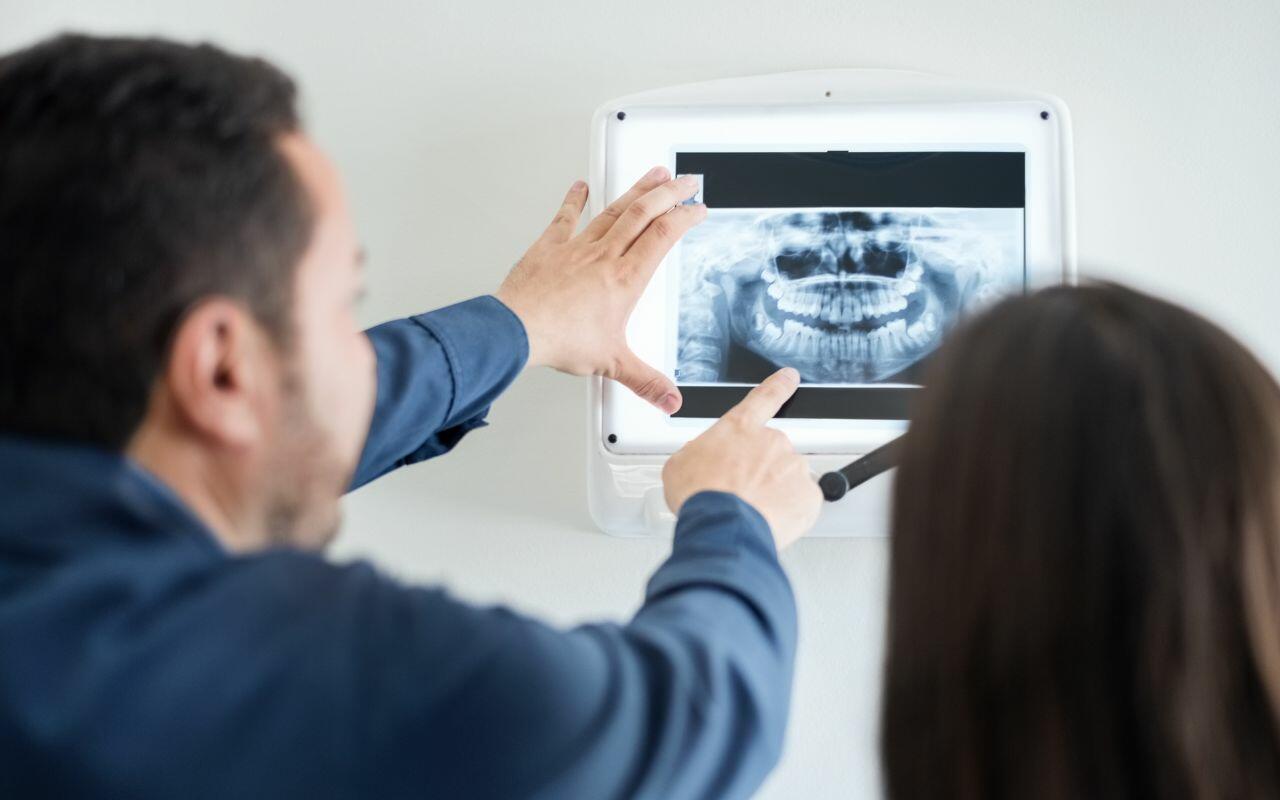Dental anxiety affects people of all ages. Unfortunately, avoiding dental appointments can lead to serious dental issues that can worsen your dental anxiety. Today’s dentists better understand dental anxiety and offer solutions to help you overcome your fears. Here we look at tips to help manage dental anxiety so you can enjoy optimum dental care and live your best life.
What Is Dental Anxiety?

Dental anxiety causes stress, anxiety, and sometimes fear related to visiting the dentist. As a result, patients delay treatment or avoid seeing their dentist altogether, including regular checkups and cleanings. Each patient has their triggers for dental anxiety, but common causes of dental anxiety include:
- A traumatic dental or healthcare-related experience
- Head or neck trauma
- Abuse
- Traumatic or stressful experiences
- Feeling that your personal space is being invaded
- Fear of loss of control
- Trust issues
Severe dental anxiety causes irrational fear and is classified as a dental phobia. The risk for dental anxiety increases if you suffer from a general anxiety disorder, post-traumatic stress disorder (PTSD), or other forms of mental illness. Other phobias can also cause dental anxiety, such as fear of small or closed spaces, obsessive-compulsive disorder about cleanliness, fear of leaving home, etc.
What Are The Signs Of Dental Anxiety?

Although fear of going to the dentist is a common sign of dental anxiety or dental phobia, other dental anxiety symptoms can be less evident, including:
- Sweating
- Racing heartbeat or palpitations
- Low blood pressure
- Fainting
- Panic attacks
- Crying
- Withdrawal
- Using humour to mask anxiety
- Aggression
If you or a loved one shows signs of anxiety related to dental appointments, dentists, or someone even suggesting booking a dental visit, it could be caused by dental anxiety or extreme dental phobia. Constantly cancelling, missing, or rescheduling appointments could also be a sign of an underlying dental fear.
The Risks Of Not Addressing Dental Anxiety

Fear of going to the dentist impacts your dental health. If you avoid your appointments, including cleanings and checkups, dental issues worsen, leading to painful or complicated problems. Because you have dental anxiety, the risks for emergency care present the danger of a major panic attack or more severe symptoms that impact you physically or mentally.
Unfortunately, avoidance creates a vicious cycle where missed appointments lead to serious issues, and the serious issues cause anxiety, so treatment is not received promptly. If you are wondering how to ease your fear of going to the dentist, it can start with a commitment-free consultation to discuss your concerns with your dentist. They can provide solutions to manage your treatment with special accommodations to keep you comfortable.
If you take baby steps, such as a quick checkup, a gentle cleaning, or even simply trying to spend a little time in a dental chair to help overcome your fears, you can avoid serious dental issues that require more invasive treatments and would likely lead to major anxiety attacks.
What Can I Do? Tips To Help Manage Dental Anxiety

Luckily there are several methods to help manage your fear of dentists, including:
Talking To Your Dentist
This might seem like the last thing you want to do, but it is important to let your dentist know about your anxiety. You can set up a phone or virtual consultation first to avoid the office itself if it tends to trigger your anxiety. Through discussion, you might be able to pinpoint what causes your anxiety so your dentist can help provide a special course of action for your dental care.
Stress Management Techniques
If your anxiety causes stress, you can learn stress management techniques to use before and during your appointments. These coping techniques help keep you calm so you are better able to handle your fears. This can include deep breathing, meditation, guided imagery, muscle relaxation, or mindfulness.
Distraction & Comfort
For mild anxiety, distractions such as listening to music or watching a movie during your appointment can help keep your mind off your treatment. Some people feel more secure bringing in something to make them feel comfortable such as a blanket, pillow, stuffed animal (this works for both children and adults), etc. The idea is to keep your mind calm and less focused on fear.
Signaling
You can also decide on a signal you can use to let your dentist know you need to stop treatment. This can be simple, such as raising a hand or tapping their arm. The signal can be used to stop treatment, ask a question, or take a break.
Referral To A Psychologist
Speaking to a psychologist can also provide special therapies to help you change your mindset using cognitive behavioural therapy. To overcome your dental fears, you can also use talk therapy to understand where your anxiety stems from.
Sedation Dentistry

Sedation dentistry allows you to sleep through your appointment, so you experience no pain or anxiety. There are several options available, including the use of medications or nitrous oxide to calm your nerves. You can choose the sedation method that makes you feel most comfortable, whether you wish to be semi-conscious or totally asleep during your dental procedure. If you have trust issues or fear of losing control, you can have someone you trust present during your procedure to feel safe.
You are given medication before your visit and will need someone to drive you to and from your appointment. Before treatment, a local anesthetic injection might be required to prevent pain. If you have a fear of needles, let your dentist know so they can take extra steps to minimize anxiety during this step. You will feel no pain and undergo treatment in a complete state of relaxation. When your treatment is complete, you will need someone to drive you home where you can recover from the sedation.
We cannot stress enough how important it is to discuss your dental anxiety with your dentist. It is the first step in finding a solution to overcome your fears so you can receive the treatment you need for good oral health.
Bradford Family Dentistry provides gentle dental and sedation dentistry to ensure you receive the dental care you deserve. Call today to schedule an appointment at 905-775-5307, or click here to request an appointment.
